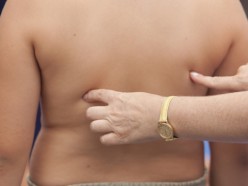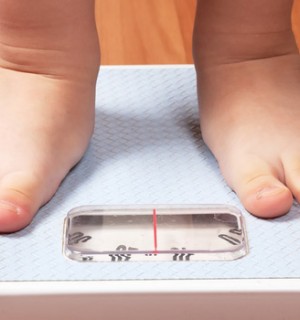Although it may seem overwhelming to provide complete care for an infant, the process becomes simpler when remembering the most important steps. Infants require a great deal of attention and care from the moment of birth. It is up to the parent or caregiver to provide all of the infant’s basic needs. This includes bathing, feeding, changing, grooming, and providing a safe and comfortable environment.
Specialty Care and Check-Ups for Babies
After bringing a baby home from the hospital, there are special care instructions to be followed according to each baby’s situation. If a male baby has had a circumcision, the doctor will give specific directions that may involve changing gauze and keeping the area clean. For umbilical cord care, the area needs to be kept clean and dry until the cord falls off on its own. Parents receive specific infant care directions before being discharged from the hospital.
Infants receive regular check-ups so doctors can ensure that baby is gaining weight properly and isn’t showing signs of common conditions such as cradle cap, jaundice or colic. During these check-ups, many infants will also receive the vaccines recommended by the Centers for Disease Control and Prevention. An infant’s doctor should be notified when there is any concern about growth, development, or sickness.
Feeding, Changing and Grooming Infants
Whether a baby is breastfed or formula-fed, he will give cues indicating hunger. Parents can watch for a baby being fussy, smacking his lips, or sucking on his hands. During the first few weeks of life, babies typically drink small amounts in frequent time intervals. As the weeks go on, this turns into larger amounts and fewer feedings in a day. Bottles and nipples should be kept clean and the bottle preparer should have clean and dry hands.
Infants will wet diapers frequently throughout the day. Bowel movements can occur as often as once a day if the baby is being formula-fed, but breastfed babies may only have bowel movements once every few days. Diapers are an indication of how well a baby is eating, so parents should make sure that babies are wetting diapers at least six to eight times a day. A baby should be changed as soon as possible after becoming wet or having a bowel movement in order to prevent diaper rash.
Sponge baths are acceptable for infants, as well as baths with lukewarm water in an infant bathtub. Baby’s nails should also be kept trimmed short, either by file or baby-sized clippers, to prevent scratching of the face.
A Baby's Playtime and Sleep
Although newborns sleep for as many as twenty hours of the day, there is still some time for play. Since a baby’s eyesight is still developing in the early weeks, any close face-to-face games are beneficial to a baby’s eyes. Parents can dangle toys in front of baby or place baby on his back or tummy so he can enjoy working some muscles. The American Academy of Pediatrics recommends placing infants to sleep on their backs in a crib with no padding, blankets, stuffed animals, or loose sheets.
Caring for a newborn is not an easy task, and many parents find themselves overwhelmed with the job. Remember that most importantly, infants need love and attention to be healthy. A pediatrician can provide care information specific for each child.















.jpg&w=300&h=320)
.jpg&w=300&h=320)
.jpg&w=300&h=320)
















